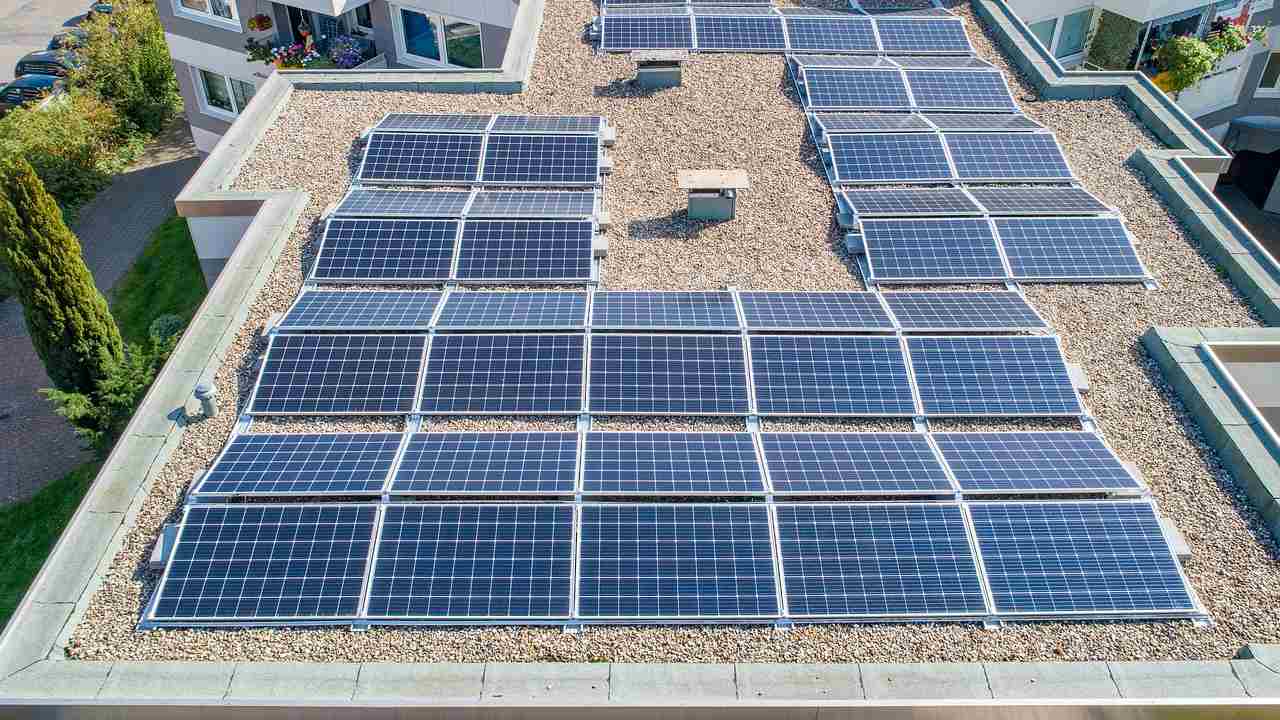In Delhi budget, the government proposed to introduce a new solar policy in 2022-23, with the aim of increasing the roof solar grid by 2.5 gigawatts over the next five years. Once the target is achieved, rooftop solar can contribute up to 10 percent of Delhi’s annual energy demand. The new solar policy is expected to create 40,000 jobs for salespersons, construction workers, electricians, technicians and engineers in the rooftop solar sector, Mercom India reported.
The government also announced plans to launch 4,200 e-auto next year for women drivers at a reservation of 33 percent. Deputy Chief Minister Manish Sisodia said the government would issue 5,000 e-auto every year for the next five years, creating 25,000 new jobs.
In August 2020, the Delhi government unveiled its electric vehicle policy to promote the adoption of electric vehicles (EVs) in the country’s capital. The share of electric vehicles in the state in 2019-20 was 1.2 percent. Sisodia claims that Delhi has become the first Indian state to cross the 10% electric vehicle sales mark by February 2022. The state’s electric vehicle policy is expected to create 20,000 new jobs in the sales, repair, maintenance and operation of electric vehicles and in the maintenance of electric vehicle charging points.
The aim of Delhi’s electric vehicle policy is to accelerate the adoption of electric vehicles, mainly two-wheelers, public and shared transport vehicles, and goods carriers. It plans to increase the adoption of battery electric vehicles, contributing 25% to all new vehicle registrations by 2024. The policy provides financial incentives, taxes, tariff exemptions, charging and sharing infrastructure implementation space, job creation, battery cycle ecosystem. The creation of an unnecessary “State EV Fund”, financed by the Air Ambient Fund, additional taxes, fees and duties on inefficient or polluting vehicles were considered.
The Government of India has issued a draft notification directing the Department of Transport of the National Capital Territory (NCT) of the Government of Delhi to increase the adoption of electric vehicles to curb rising air pollution. According to a draft notification issued by the Ministry of Environment and Forests, the transport sector is a major source of air pollution in Delhi, especially PM2.5 emissions. Vehicle emissions are also responsible for 80% of nitrogen oxides and carbon monoxide in Delhi’s air.
The Delhi budget states that the state government has an obligation to provide clean air and water to future generations, which is an integral part of the Delhi government’s vision for 2047. With the launch of various green initiatives, more than 100000 green jobs are expected in the next five years.




























